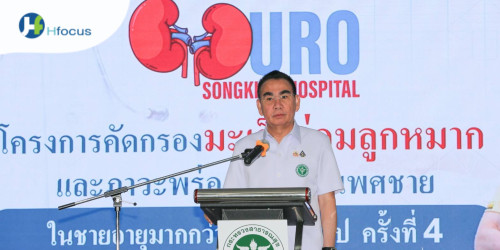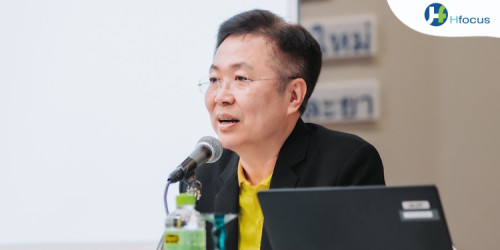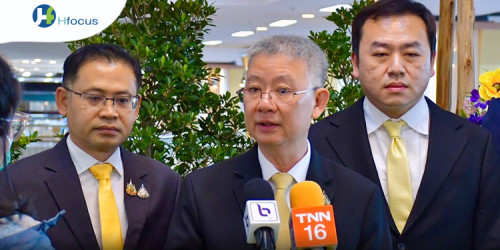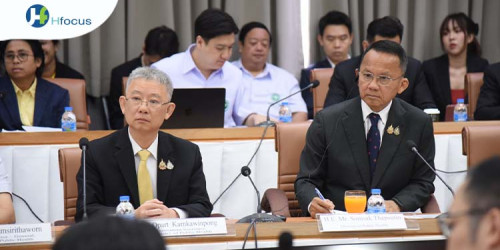Health activists have called on the Social Security Office (SSO) to improve its health care services for cervical cancer after finding that 47 women diagnosed with the illness were denied treatment by six private hospitals. All six hospitals were registered with the SSO.
Dr Phoonchai Chitanantawitthaya, an adviser to the Public Health Professional Alliance, said he conducted screening and testing for cervical cancer among 4,218 female workers in Ayutthaya province"s Bang BaIn industrial estate last year.He found three of them had first stage cervical cancer and another 44 were detected as being at the precancer stage.The team of health care workers started screening the 4,218 female workers on July last year and reported the test results to all of them by September.After receiving the screening results, 47 female employees went to the six private hospitals - which were registered with SSO to receive treatment.
Phoonchai said the private hospitals refused to provide the treatment, saying they did not accept the test results by his team, even though they were conducted by the country"s leading laboratory.
"These six private hospitals told the workers they had to undergo a new screening and testing and pay Bt700 for it with their own money."If they were detected with cervical cancer, they would receive treatment later," he said.The women decided to pay the Bt700 for the testing and screening - after which they were transferred to other hospitals for more testing. They then had to wait three months for the results, which agreed with the original findings.Now the six private hospitals are refusing to treat them, saying that they don't have the medical equipment for pre or first stage cervical cancer therapy.
They can provide only a destructive treatment, which requires surgery on the cervix.To provide treatment for pre or first stage of cervical cancer, doctors use an instrument to cut cancerous cells in the cervical area.The employers who hired these female workers offered to donate money to buy the necessary medical instruments, but the private hospitals refused the offer, saying they had no doctors to administer the treatment.
According to the SSO, its medical benefit scheme does not cover testing and screening to detect cervical cancer. Patients have to pay their own medical bills.If they are detected with cancerous cells, a registered hospital with over 100 patient beds must provide medication to them.
"These six private hospitals had already received over Bt2,000 per head to provide medication for eligible members. I really don"t understand what happened with the SSO"s system," Phoonchai said.
SSO increased the medical budget ceiling for cancer from Bt50,000 to Bt272,100 on April 26. Phoonchai presented these women's cases to SSO"s medical committees and they had promised to look after them.
Finally, he had to use his personal relationship with a state hospital to help the women receive treatment. " They had to wait over six months to receive medication to save their lives," he said.
Now, after receiving treatment, one of these women is able to get pregnant and another can go back to work.
Source : Thenation 7 July 2012
- 4 views








